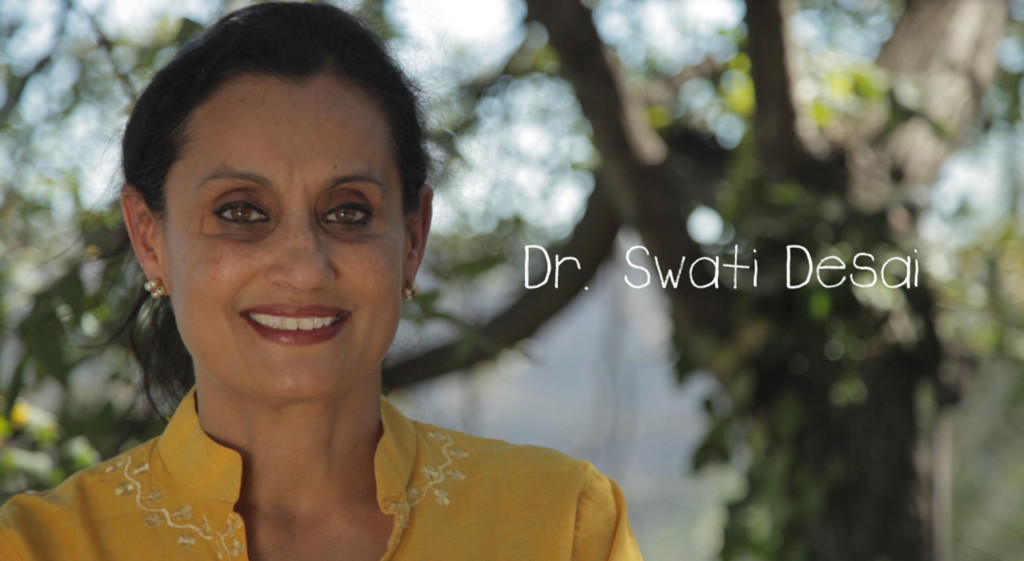I remember getting really angry when I was doing my Akasha Cleanse and it required me not to have my morning cup of coffee. It is hard to let go of habits even when they are unwanted. It could be habits around food, alcohol, smoking, or some patterns of strong reactions which we regret later. We know we want to change them and yet we fall into the same hole again and again. How do we let go of such habits? What can give us a reset switch?
Training into Mindfulness is one of the tools that can provide us with a reset switch. What is Mindfulness and how can it help us to break unwanted habits?
Mindfulness is the awareness of present moment, but in a special way, with five characteristics: curiosity, acceptance, withholding judgments, not reacting right away, simply observing. In Mindfulness training, we learn to observe how our body and mind are reacting to the experience of the present moment. There are two ways to train into Mindfulness. The first and the fastest way is to establish a practice of Mindfulness meditations. The second way is to learn Mindful activities and to do them with the five characteristics mentioned above.
How is this going to help us with breaking unwanted habits?
First of all, when there are unwanted habits we cannot let go off, it is either because we get some nice pleasant desirable reward from it or we want to just simply avoid some unpleasant stressor. When I drink coffee in the morning, my reward is that I get filled up with hopeful optimistic energy. When my husband says something unflattering about me in front of friends, I retort back in angry tone, often times to regret it later. But at that time I want to get rid of the unpleasant stressor by retorting back. When I am stressed out, having a piece of pizza makes my body feel comfort and it is hard to let go of that piece. Mindfulness training gives us a way to slow down the moment and watch every little step that is happening as it is happening. You observe the pleasant rewards and the unpleasant stressors without doing anything about them – accept without judging. When I get angry because of not getting my morning cup of coffee, I am simply observing my mind filled with anger and noticing how my body feels the lethargic feeling. I accept it and simply observe it. In this process, the temptation may go away and you may decide to go for a walk instead of getting coffee. (Have you noticed, if your skin is itching and you don’t scratch and just observe, the itch will go away on its own?) Paraphrasing Viktor Frankl, there is moment between your emotion and your reaction to the emotion. Stretching that moment is where our freedom lies. Mindfulness is offering you that freedom by observing without reacting. In that stretched moment, we have some control over deciding the right response to the situation.
Second of all, Mindfulness gives us clarity. What type of clarity? It allows us to observe what the “facts” of the moment are and what “stories” our mind is creating. Stories are everything other than facts. When we experience a stressor, our mind is creating scenarios from the future or interpreting things from the past. I am calling them “stories” because we don’t know if they are true or not. When my husband says an unflattering thing in front our friends, I am fuming in my mind about how he disrespects my sensitivities and how our friends are going to think we have a bad relationship. Not only that, but I also feel that I must react right away to avoid this from happening in the future. The “fact” is that I felt hurt. Everything else about how I interpret his words and what future scenes I create – these are all “stories”. They may be true or they may be false. If I have clarity about “facts” versus “stories”, I may not react aggressively to my husband right there. I may find out that my interpretation of his words was wrong or that he did not understand what he was saying. My stories may be untrue. Even if true, by asking him about it later, I am more likely not to escalate the situation. By heaping stories on top of facts, we create suffering on top of being in pain. Mindfulness gives us clarity on how our mind works. By doing this, we may stop ourselves from reacting strongly to the “stories’. We may just say, “This moment is painful” and simply observe the pain.
In order to learn Mindfulness, take a class. There are Mindfulness classes at Akasha. It will help to establish a practice. You may check my free App/Website 2meditate to learn and do Mindfulness meditations. The trick is to be consistent in your practice, even if it is for two minutes a day. I have 2 minute meditations in the App for that purpose. Being Mindful will add joy to your moments, and help you to break your unwanted habits!
–
Dr. Swati Desai is the founder of 2Meditate as well as a Licensed Clinical Social Worker. Learn more by emailing us at info@akashacenter.com







